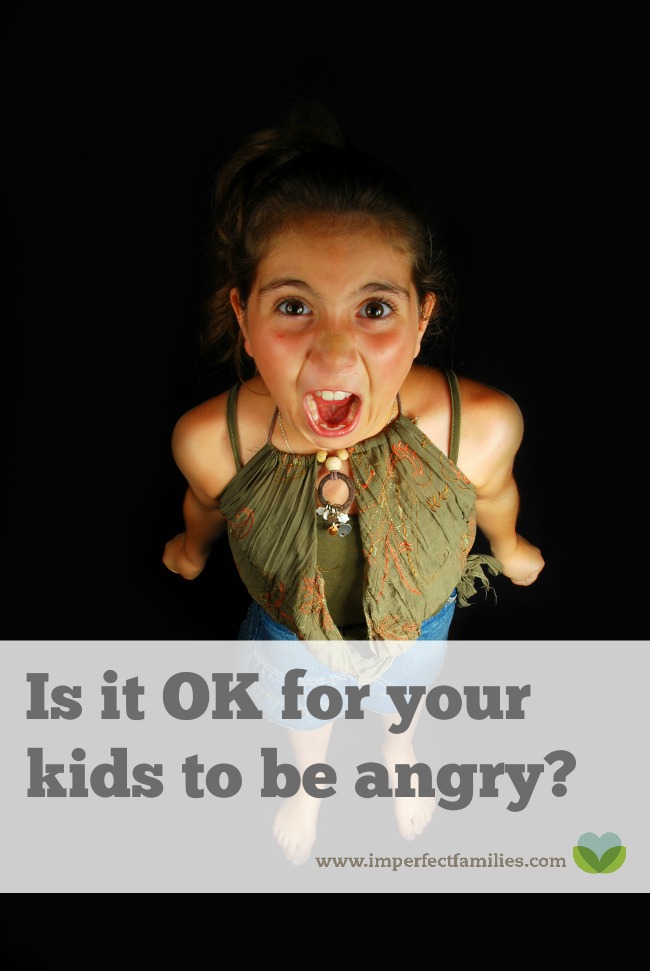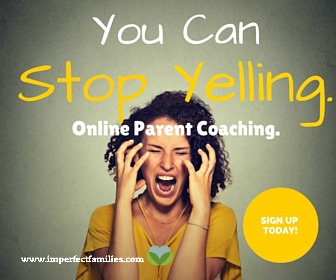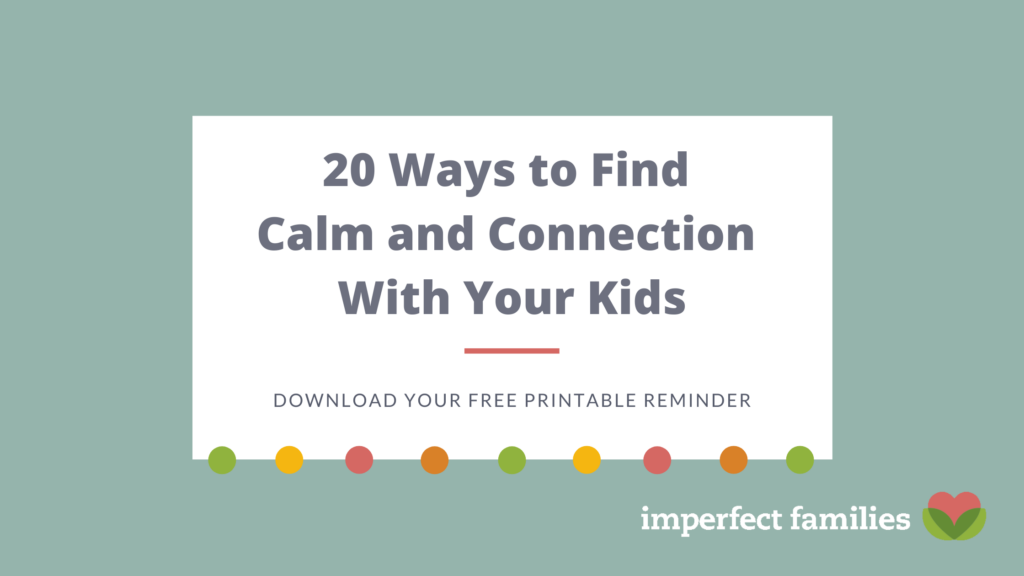Many parents try to send their children the message, “Whatever emotion you feel is ok.”
However, when their child expresses anger, parents often send a different message – anger is NOT ok.
“Stop that! Calm down! That’s enough!”
We don’t mean to send our kids mixed messages. Unfortunately, anger is a tricky emotion. Very few people have positive experiences with someone who is angry. For many people, anger is associated with hurt, confusion, sadness, or physical violence.
Anger can also stir up uncomfortable emotions and overwhelming thoughts for parents.
Here are some common reactions:
- Injustice – “You don’t have the right to be angry about that!”
- Fear – “Angry means that someone is going to get hurt”
- Helplessness – “I don’t know what to do when you are angry.”
- Loss of Power – “I feel like you have the upper hand now.”
- Loss of Control – “I don’t like not knowing how this will end!”
- Worry – “Your anger seems extreme, what if something is wrong?”
- Hurt – “You don’t realize how much your words/actions impact me.”
Is Anger An “Ok” Emotion?
Use these tips to reinforce that anger is an “ok” emotion in your house.
- Set the expectations in advance: Reinforce the rule that there is no hurting yourself or others, or damaging property in anger.
- Brainstorm alternative ways to express anger: Encourage drawing, journaling, smashing play-dough or ripping newspaper.
- Practice calming skills: Create a large list of calming strategies and practice them with your children before things become heated.
- Explore your triggers: Look at the list above (or add your own) and identify what feelings and thoughts go through your mind when your child is angry.
- Change your internal dialogue: Create a new mantra or statement that you can tell yourself when your child becomes angry.
- Reflect your child’s feeling: Rather than trying to get your child to stop being angry, comment on what you notice, “You are angry about my decision…”
- Reinforce your child’s choice: Use phrases, such as: “When you are calm, we can talk more about this” and “When you are ready, I am here to help you calm down.”
- Model appropriate anger responses: It is ok for you to be angry too! Show that you can use calming strategies and wait until you are calm to talk about what happened.
- Reconnect: Once the dust has settled, remind your child that you love them even when they are angry and having big feelings will never change your love for them.
For some people, anger is a very scary experience – either because of a childhood trauma, abuse by a spouse or aggression from their child. You do not have to go through those experiences alone. It may feel like no one will understand or that no one can help.
I realize it can be embarrassing or stressful to find outside support. However, there are organizations and individuals willing to provide support. Please contact a mental health professional, local community crisis service, or call 911, if appropriate.





Comments have been turned off to retain the privacy of all families. If you have a question or comment on the topic, you're always welcome to contact me.